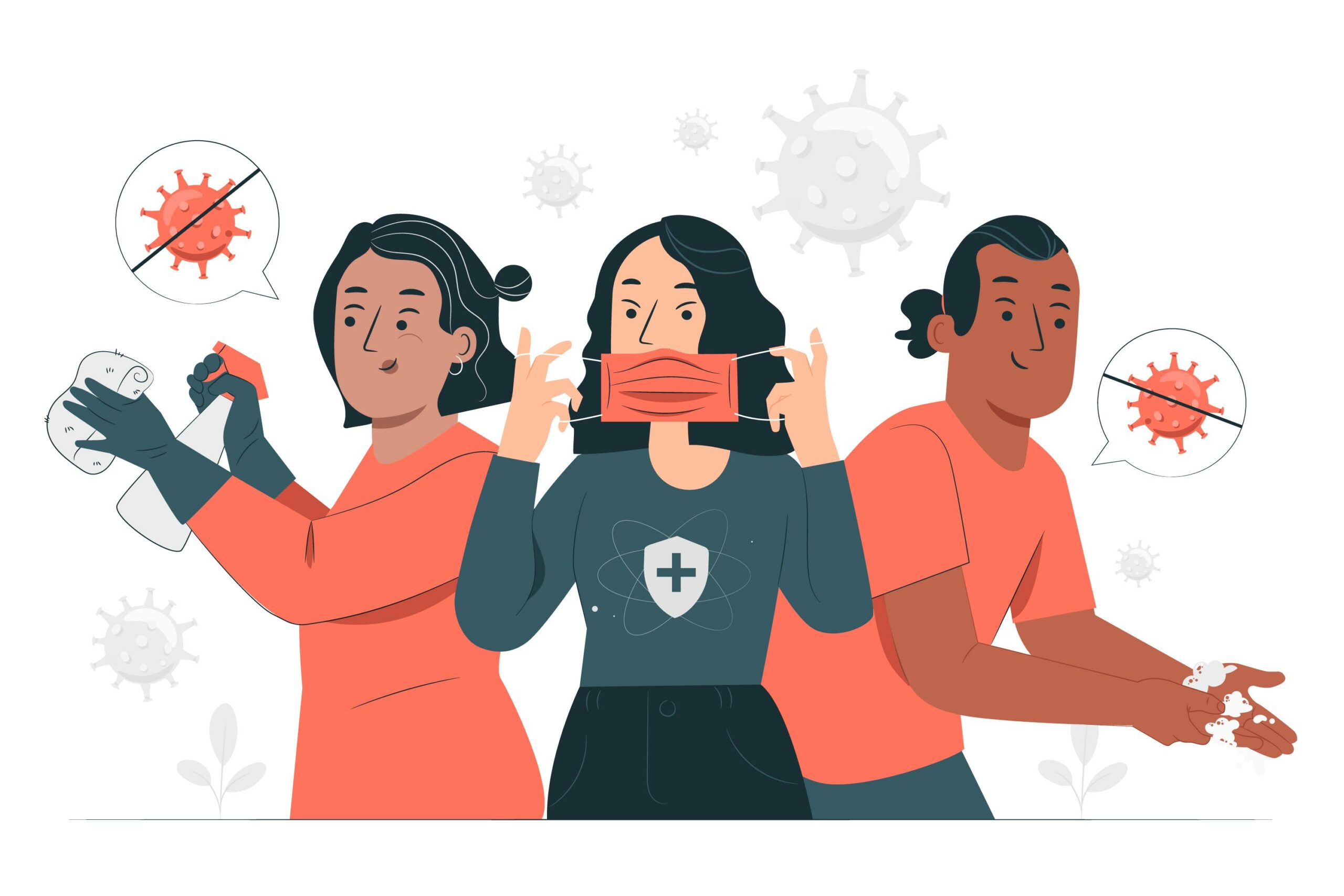Is COVID-19 Reinfection Possible? How Long Does Out Immunity Last?

With new COVID-19 variants, there are chances of a high transmission rate and an increased infection rate. The sub-variants have left us wondering whether we have enough immunity to protect against the ever-changing virus. According to many studies, the risk of reinfection from new variants can be higher.
What Is COVID-19 Reinfection?
COVID-19 reinfection means a person was infected with COVID-19, recovered, and became infected later. At the same time, most people will have some protection from repeat infection after covering from COVID-19. But in some cases, reinfection does occur after COVID-19 infection.
Does Immunity Play Any Role?
After infection with coronavirus, the immune system of the body produces a strong immune response against the virus and retains the memory of it, which in turn protects against future infections. As per studies, cells that circulate in our body can recognize and kill the pathogen if it is encountered again. This offers protection against disease and reduces the severity of the illness.
There are two types of immune responses triggered by the body. While the first involves B Cells that produce antibodies, which is the first line of defense against an infection, the second is called killer T cells, the second line of defense.
Killer T Cells can identify the infected cells and destroy them immediately before they replicate.
These two types of immunity help avoid severe COVID infections and reduce the risk of reinfection.
Does Our Immunity From Earlier Infection Wane Over Time?
Once a person gets infected with COVID-19, their body builds a robust immune response, remembering the virus particles and building antibodies against it. This enables the immune system to fight potential infections in the future. However, medical experts say that when our body does not come in contact with a virus for a long time, its memory of the viral particles may weaken, and the production of antibodies may slow down. This is why the immunity in your body may wane over time, leading to possible reinfection.
How Long Does Vaccine-Induced Immunity Last?
Vaccines against COVID-19 prompt the body to produce antibodies and trigger a T-cell response. However, they are different from those our body produces naturally.
COVID-19 vaccines provide strong and durable protection against severe infection and death. However, their effectiveness against infection wanes over a period of time. Therefore, your risk of getting COVID-19 infection is very low shortly after the most recent vaccination dose.
However, given the emergence of new COVID-19 variants, breakthrough infections have become more prevalent, and there has been a rising number of reinfections. Experts believe getting reinfected with the disease can be a possibility due to mutations in the virus genes, which provides it the ability to dodge vaccine-induced immunity and diminish vaccine effectiveness in the long run. Therefore COVID testing becomes important to keep yourself and your loved ones safe. For covid testing in Westland, you can simply visit Garden City Urgent Cares.
To Sum Up:
While both natural infection and vaccination provide a certain amount of immunity against the COVID virus, experts believe new emerging variants and waning immunity has raised the risk of reinfection. So make sure to visit a professional walk-in clinic like Garden City Urgent Cares for COVID Vaccination and COVID test in Westland.
